Sleep Apnea: Types, Common Causes, Risk Factors, Effects
Reviewed by: Dr Swamy K B | Author: Manoja Kalakanti
Nowadays, most of us have incurred Sleep apnea due to our unhealthy lifestyle. We are all aware that Sleep apnea primarily develops due to weight gain or obesity, creating acute difficulty in breathing during sleep. To get rid of this disorder, it is advisable to maintain a balanced diet and a healthy lifestyle.

If you suffer from Obstructive Sleep apnea, there are chances that your breathing will stop sometimes, and the air which previously flowed smoothly from your mouth and nose to your lung will get obstructed, and you will start facing apnea and apneic episodes. To know more about it, you should refer to Obstructive sleep apnea.
What is Sleep Apnea?
Sleep apnea can be a severe sleep disorder that can drastically interrupt or obstruct your breathing when you are in a deep sleep. Here, the average airflow that otherwise flows in and out of your lung repeatedly stops, mostly at night.
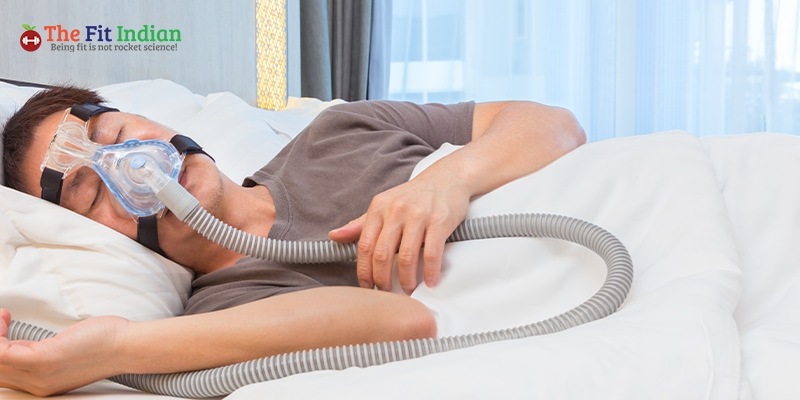
The prime reason behind the interruption of airflow is the narrowing of airway spaces between the throat. The repetitive squeezing due to breathing causes loud snoring, which can be noted as the most significant symptom of sleep apnea. If you neglect sleep apnea for a long time, it may lead to certain complications like heart disease, diabetes, hypertension, and others.
Causes of Sleep Apnea
Sleep apnea blocks and obstructs the airways, which disrupts the flow of air to your lungs.
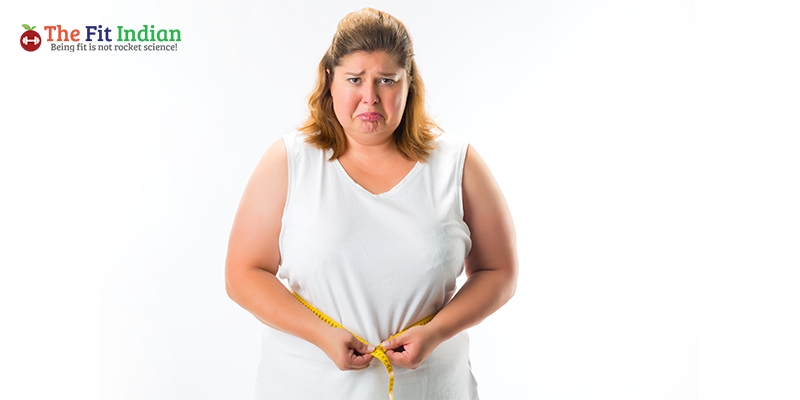
Thus, the factors which contributes mainly to this disorder of sleep apnea are:
- Nasal congestion
- Development of thick tissues or storing of additional fat in the airway
- Pre-existing neurological issues/problems
- Creation of lax muscles and other tissues in the mouth and throat
Moreover, all the causes stated above can result from genetic factors, colds and allergies, obesity or thyroid issues. So, it is essential to take care of these issues first to get rid of or to minimize the causes and symptoms of sleep apnea.
Effects of Sleep Apnea
There are various effects of sleep apnea, and it is not only restricted to loud snoring. Recently, it has been found that sleep apnea can result in many alarming complications like:
- Asthma
- Cancer
- Chronic kidney disease
- Dementia
- Pregnancy complications
Thus, it is essential to get diagnosed with sleep apnea with a complete history and thorough physical examination so that the complications stated above don’t turn severe and affect your health badly.
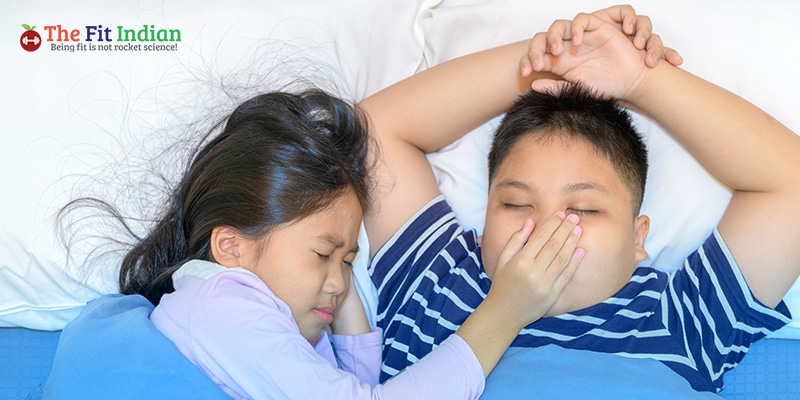
It has recently been estimated that only 10% of people suffering from sleep apnea are undergoing some treatment, and the rest are left unattended or undiagnosed. Still, you have to be alert about its symptoms to get early treatment.
Risk Factors Involved With Sleep Apnea
Certain people are at higher risk of being affected by sleep apnea. Thus, it is essential to detect them to get a quick identification of sleep apnea. It has been researched that the disease is most common among those who are obese.
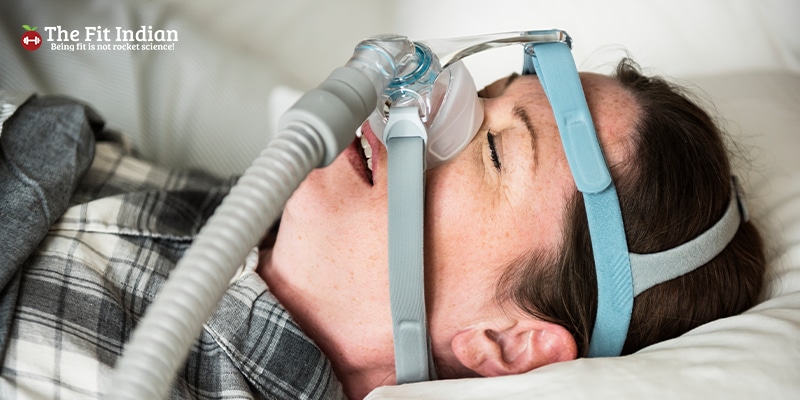
Thus, groups that are at high risk of sleep apnea can be cited as:
- Men before 50 years of age
- Men and women above 50 years
- People who are suffering from obesity
- People who have acute heart disease
- Prematurely born infants
- Children younger than 8 years of age
Moreover, these above-stated groups can be easily affected by sleep apnea, and so they need to be alert of the symptoms and the consequences. But, apart from them, there are other categories too who are at high risk of acquiring sleep apnea like:
- Men with a collar size of 17 inches
- Children having large tonsils and adenoids
- Those who have a large tongue
- Those who are suffering from Retrognathia
- Those who have narrow palate or airway
It is also essential for those suffering from heart disease or high blood pressure to get themselves checked if they develop any symptoms of sleep apnea.
How can you get relief from Sleep Apnea?
If you want to get quick relief from sleep apnea, first and foremost, you need to lose weight as the whole treatment revolves around clearing or broadening the passage of airflow so that air can pass to and from the lung smoothly and clearly. So it is better if no fat can block that passage and create any obstruction during your Sleep.
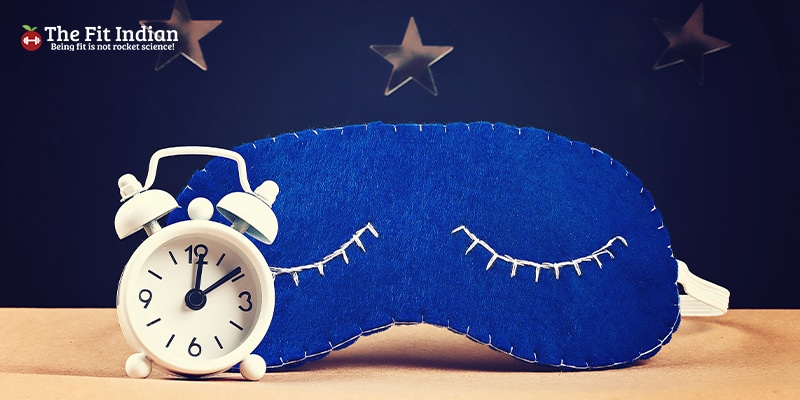
Some of the noted medical treatments suggested for sleep apnea are:
-
Nasal Decongestants
This treatment is widespread in the USA and can relieve you from snoring.
- Continuous Positive Airway Pressure (CPAP)
It has been proved to be an effective treatment of sleep apnea where you are supposed to wear a facemask all night to enable smooth airflow from the passage to the lung in your Sleep.
- Bilevel Positive Airway Pressure (BiPAP or BPAP)
This treatment is implemented on the patient if CPAP treatment proves to be ineffective. BiPAP can be considered an advanced treatment where its machinery has a high or low setting, equipped with pressure changing facilities for proper inhaling and exhaling.
- Positional Therapy
There are experts or professional sleep centres that can suggest you certain positions for sleep that can minimize sleep apnea issues.
In addition to these, there are specific home remedies, which can be pretty practical and effective while treating your sleep apnea:
- Regular exercise or yoga is very much needed for your body to be flexible, to raise your energy level, and strengthen your heart
- Maintaining a healthy diet and keeping a check on your weight is very important to lessen the risk of air obstruction
Read on: 9 Nutrients To Add For Better Sleep Quality – 14 Powerful Foods
- Some suggested alteration of your sleeping pattern or sleep position can reduce your sleep apnea symptoms and give you sound sleep
- Avoiding alcohol and smoking can prove to be very effective for those suffering from sleep apnea
- Using a humidifier can be very effective to those whose air passage gets mostly irritated with dry air, whereas moist air can help in opening the airways and minimize congestion
Thus, minute changes in your daily lifestyle and adopting specific home remedies can reduce your sleep apnea symptoms to a large extent and are effective for your body.
Conclusion
It can be concluded that sleep apnea can be considered as a common disorder that affects most of us. It should be added here that there may arrive a time when this disorder can give rise to certain complications and poor performance in your everyday activities, hence, you need to be cautious of your present state of health.
FAQs
1. What are the warning signs of sleep apnea?
The warning signs of Sleep Apnea are excessive daytime sleepiness, loud snoring and a persistent problem of breathing during Sleep.
2. What triggers sleep apnea?
In adults, the most common cause of Sleep Apnea is excess weight and obesity. It should be noticed that our weight is anchored with the soft tissues of our mouth and throat, and during Sleep, throat and tongue muscles are relaxed, allowing soft tissues to block the airway.
3. How do you fix sleep apnea?
Sleep Apnea can be fixed, or the symptoms can be reduced by following specific measures or treatments, namely:
- Maintaining a healthy weight.
- Trying yoga and exercises.
- Making some alternatives in your sleep position.
- Using a humidifier.
4. What does sleep apnea look like?
Sleep Apnea is all about loud and persistent snoring where frequent pauses can occur in your breathing.
5. What foods can cause sleep apnea?
High-fat dairy products can enhance sleep apnea symptoms because these items tend to increase your body’s mucus production, leading to weight gain.
6. What sleep position is best for sleep apnea?
Side sleeping is preferred when you are suffering from sleep apnea, and it has been recommended that sleeping on the right side can reduce snoring.
7. What is the life expectancy of someone with sleep apnea?
It has been diagnosed that people suffering from Sleep Apnea have a reduced life expectancy of 8 to 18 years, so it is always recommended to adopt primary treatment at the earliest.
8. How can sleep affect the heart?
Sleep apnea can increase your risk of heart attack, stress and can lead to abnormal heartbeats – a disorder named Atrial Fibrilinen. To be more specific, if you have heart disease, then multiple episodes of low blood oxygen can even kill you.
9. Is sleep apnea a disability?
Sleep apnea is no longer counted as a disability in the Social Security Administration (SSA) but people with the disorder will be granted certain disability benefits.
10. How much sleep apnea per hour is severe?
Sleep apnea ranges from mild to moderate to severe, and this entirely depends on the number of times it occurs in an hour while you are sleeping, and then you should check whether your treatment is stopping it.

Manoja Kalakanti